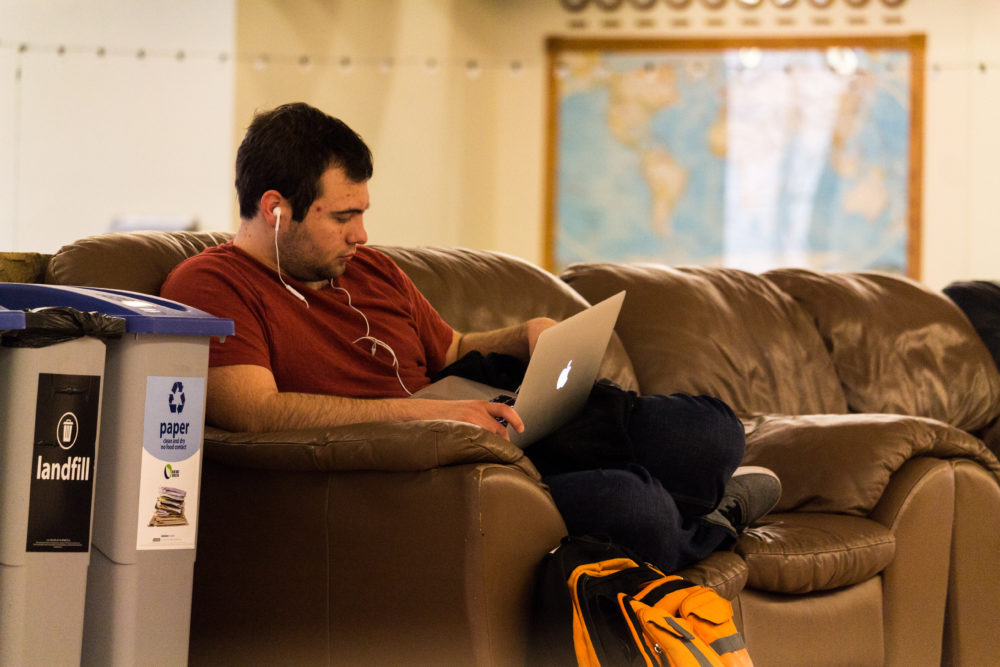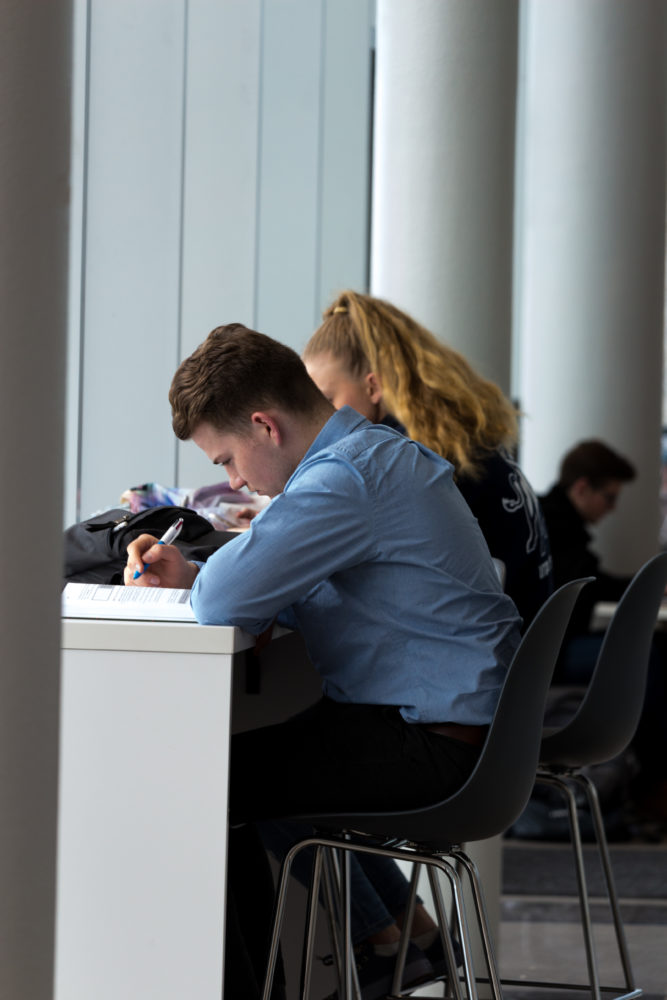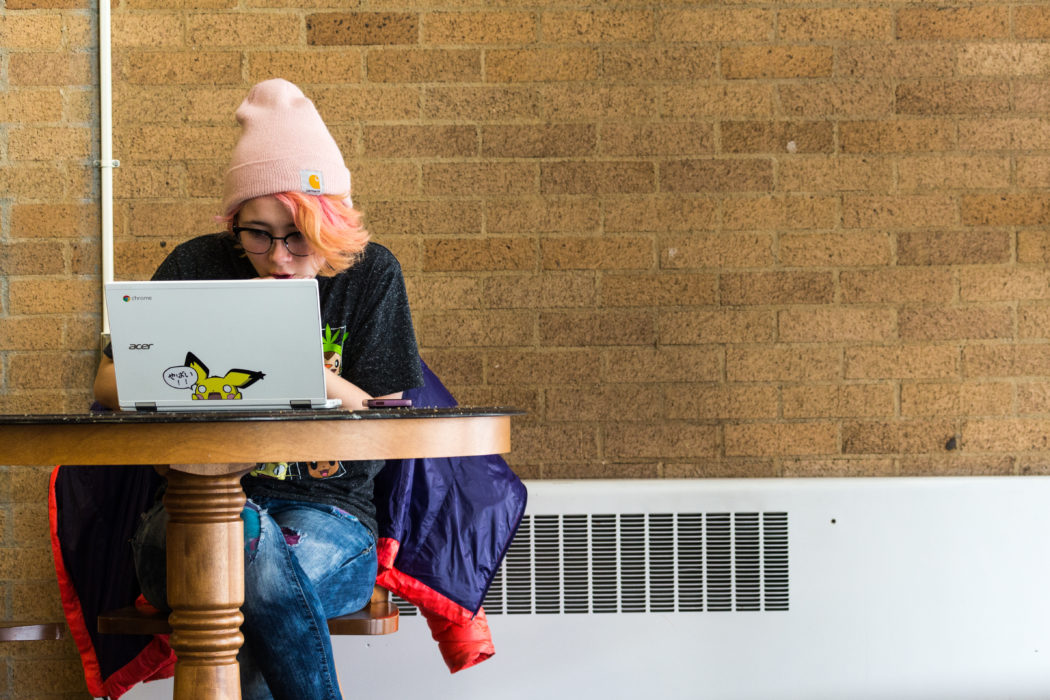Ways to prevent procrastination during finals
With the weather warming up, it might be tempting to spend time outside instead of studying for finals.
While procrastination can be easy, here are a few ways to combat the desire to put the work off until later.
According to an article from Psychology Today, procrastination is caused by distractions, stress, fear and self-regulation issues, just to name a few common causes.
According to Joseph Ferrari, Ph.D., associate professor of psychology at De Paul University in Chicago, the reasons for procrastination are “very personal, but very fixable.”
“I know that I procrastinate, and I know I shouldn’t. I think I procrastinate because I am afraid that once I start, I will fail the project,” said Jayden Avery, a student at Utah State University.
Over 99 percent of procrastinators are aware they procrastinate, according to Timothy Pychyl, an associate professor of psychology at Carleton University in Ottawa, Canada. This means that people who suffer are aware they suffer and are more open to ideas to fix their problem.
 Holley Stringham
Holley Stringham Student in the TSC studying.
“I am definitely a procrastinator. I will wait until the last minute to do something, even if I have all week to do it. I do it because I feel I work better under pressure,” said Carly Snyder, a student at USU.
Oftentimes, the same remedies to procrastination are listed over and over. Below are a few ways to remedy procrastination.
Stickk is an app developed specifically for procrastinators. Stickk requires the user to sign a commitment contract, which uses the psychological idea of loss aversion and accountability to make sure the user follows through with their goals.
Stickk makes sure goals are finished using different techniques such as taking money from users who do not finish, using referees, or telling a loved one the user hasn’t finished the task. Dean Karlan, a Yale economist and co-creator of Stickk, points out that when stakes are low, people most often do not change. This is what makes Stickk so effective.
The Five Minute Miracle is an effective tool to get rid of small tasks on a to-do list. It consists of asking, “What can be done in five minutes or less right now?” If something can be done in less than five minutes, do it now. This could mean making the bed, sending an email or putting the finishing touches on a paper.
The goal of the Five Minute Miracle is to get started on a project. Once a task has been started, it is much more likely that it will be finished. This idea is called the Zeigarnik effect, and it means small tasks will fill up the memory first and cause more stress about little things.
 Holley Stringham
Holley Stringham Students in Huntsman Hall studying.
A Power Hour is a technique that utilizes the power of no distractions. To start a Power Hour, put away phones, turn off the television or take away any other distractions and find a quiet, studious place. Set a timer for a reasonable amount of time to work (Kevin Kruse, the author of this technique, suggests to start at around 20 minutes). After the timer goes off, take a short period of rest and do not do any work, but do not indulge in the distractions. Just let the mind rest.
This study has discovered that the brain goes through cycles of “peaks and valleys.” This is why it is sometimes easier to focus after a short break.
Forgiving yourself from past procrastination is a powerful, fast and free way to reduce the likelihood of procrastinating again. This study shows the more forgiveness you can afford yourself, the more likely it is that you will take action before procrastinating the next task. Self-care and self-compassion are important to move past mental obstacles.
“I think it will be hard to forgive myself for procrastinating, but I hope that I can. I really do think that will help me move on from this vicious game I play with myself,” said James O’Reilley, a student at USU.
Procrastination is an issue many people deal with. However, finding the right practice to help control it does not have to be difficult.
—brianne.sorensen@aggiemail.usu.edu
@SorensenBrianne

